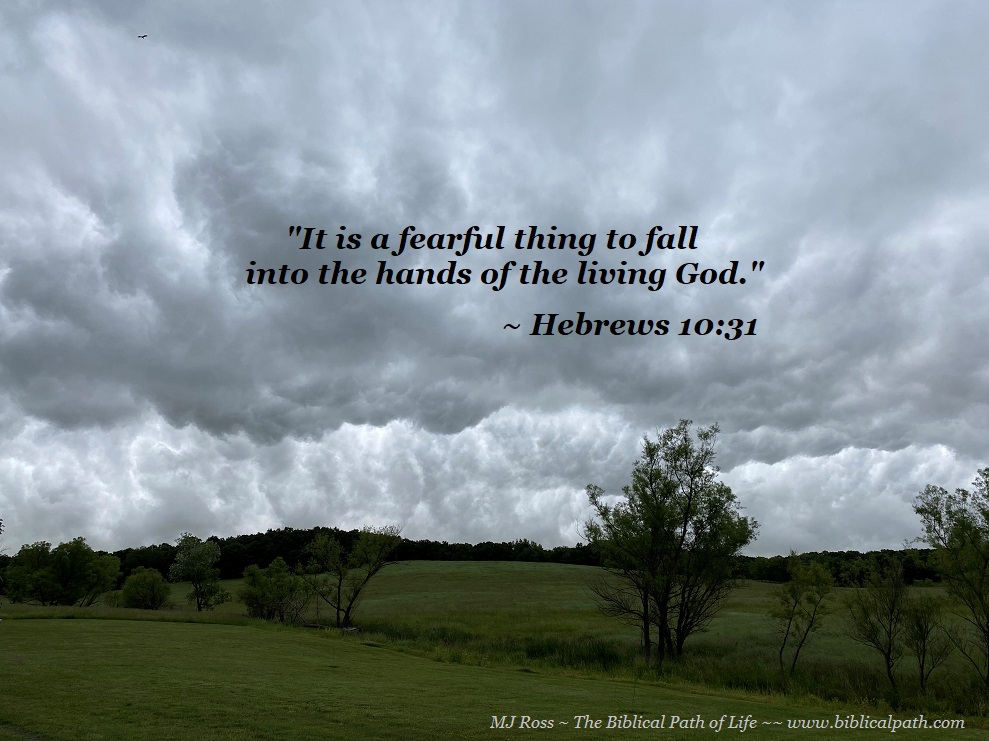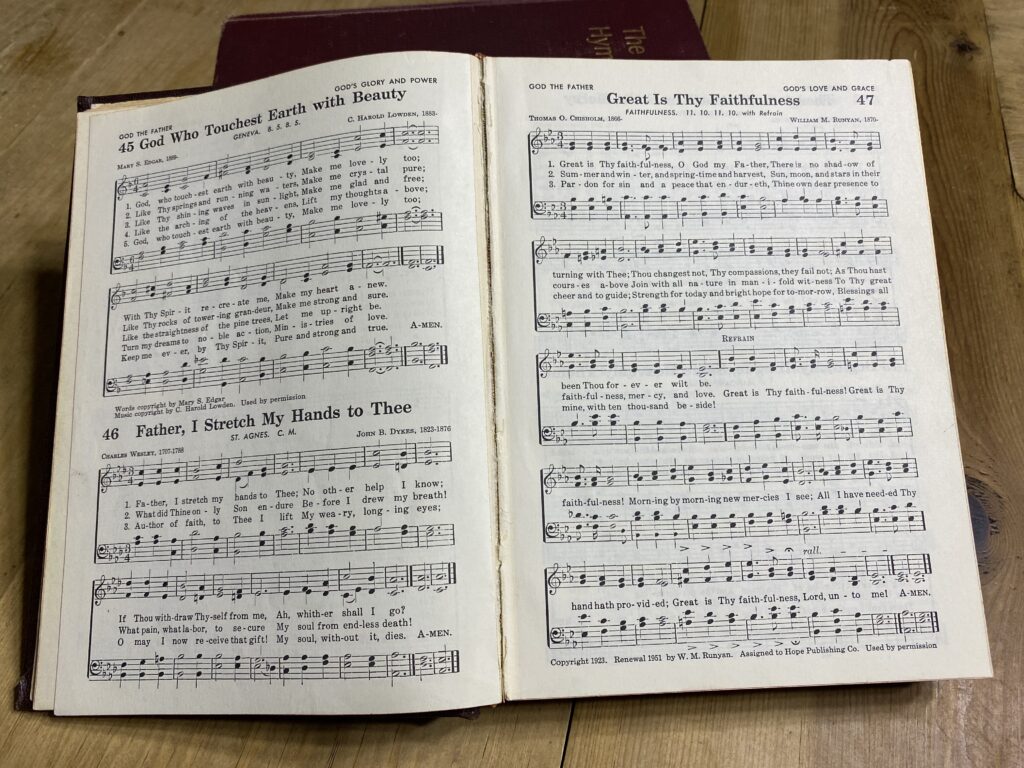
Key Verse
It is a fearful thing to fall into the hands of the living God.
—Hebrews 10:31
Key Verse Thought: Read the Key Verse and consider the following. After learning of the destruction of Jerusalem and the carrying away of God’s people as captives into Babylon, remind them that this was God’s judgment upon His people for breaking their covenant with Him. They had promised to obey God’s commands and follow Him. They failed! For that, there was a price to pay. They had lost their fear of God. Remember what we have learned before, that God’s people had obviously forgotten: “The fear of the LORD prolongeth days: but the years of the wicked shall be shortened” (Proverbs 10:27).
Emphasis: Recognize that we are to humble our hearts before the Lord, acknowledging our sin. It is then we can and understand that God never leaves His people without hope!
Lesson Summary: The book of Lamentations, written by Jeremiah, is a poem revealing the horrors of seeing Jerusalem and the Temple of God destroyed after a terrible siege against the city. Notice that it falls in the center of the five Major Prophets, helping us see the division in history before the captivities, and the return from captivity.
Jeremiah wrote lamentations from the perspective of a witness. He was in Jerusalem when the enemy besieged the city until it was destroyed and the people were taken captive. He began the book writing about the destruction – as if he were watching it. Soon he wrote as one who was in the middle of the suffering with the people. As we look at Lamentations in this lesson, see how the heart of Jeremiah was revealed during the destruction of Jerusalem. Jeremiah understood the great sin of God’s people, for he had been calling for their return to the Lord for many years. Amazingly, he still prayed for God’s mercy to be given to the people who had rejected Jeremiah’s preaching all of those years. Through the book of Lamentations, Jeremiah reveals why God’s wrath had been poured out upon His people. He also found hope that God would not forsake them forever. During his time of prayer, we recognize that Jeremiah understood that when he called out to God, God would hear and draw near. “Thou drewest near in the day that I called upon thee: thou saidst, Fear not” (Lamentations 3:57).
Y2Q3 – Lesson 12 Children’s Worksheets
If you are teaching this lesson to younger children, the following is a craft idea to reinforce this lesson:


